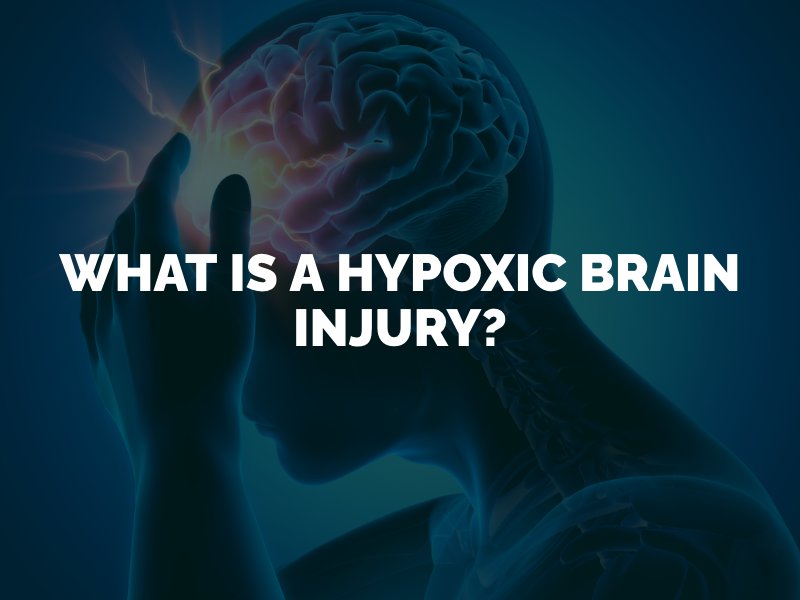Brain injuries can occur in many different types of personal injury accidents. From swimming pool accidents to medical malpractice, many disasters can affect the victim’s brain. A hypoxic brain injury describes a disruption to the flow of oxygen to the brain. A hypoxic brain injury could be devastating or fatal for a victim. If you or a loved one has a hypoxic brain injury, talk to a Denver brain injury lawyer about seeking compensation from the at-fault party in Colorado.

Brain hypoxia is when something interrupts the regular flow of blood and oxygen to the brain. If someone has a hypoxic brain injury, it means something has diminished that person’s oxygen supply. Brain anoxia is the complete loss of oxygen to the brain. The brain relies on a steady flow of oxygen to feed its cells and keep them alive and healthy. Any injury that reduces the amount of oxygen provided to the brain could damage or kill the deprived brain cells.
Severe brain hypoxia can cause life-changing symptoms. Damaged brain cells may or may not recover based on the unique victim and severity of the injury. Much of how the brain recovers from oxygen deprivation and other injuries remains unknown to physicians. Although some treatments exist, full recovery is not common in severe cases of hypoxic brain injuries. A patient may suffer long-term or permanent symptoms from a severe lack of oxygen to the brain.
Loss of oxygen to the brain can severely damage the cells, leading to significant symptoms for the victim. The symptoms a victim experiences depends on the part of the brain affected. Symptoms may appear right away, or they may be delayed, appearing in the hours or days after the initial injury. Something that cuts off the brain’s oxygen supply could cause a variety of noticeable symptoms.
Many hypoxic brain injury victims do not realize what happened right away. Some may immediately lose consciousness and exhibit symptoms of lack of oxygen or blood to the brain, while others may function normally in the aftermath of the accident and only start showing symptoms later. It is critical to see a doctor immediately after an accident that cuts off oxygen to the brain for prompt treatment.
The brain can suffer serious, life-changing injuries in many accidents in Colorado. The specific injury of brain hypoxia is most common in accidents that interrupt the flow of blood and/or oxygen to the brain, such as accidents that cause severe bleeding or strangulation. Many different things could cause a hypoxic brain injury in Colorado.
Most of these incidents could give the victim grounds to file a personal injury claim against one or more parties for causing brain hypoxia. This could be the case if someone breached a duty of care and caused the brain injury. If you believe someone’s negligence caused you or a loved one’s hypoxic or anoxic brain injury, speak to a Denver car accident lawyer to learn about your rights.
A hypoxic brain injury could affect a victim for life. Treatment costs for brain injuries can run into the tens of thousands of dollars over a patient’s lifetime. A personal injury attorney in Denver could help you and your family recover financial compensation for a hypoxic brain injury. A lawyer can identify the at-fault party and file a claim on your behalf. Then, your lawyer can argue for maximum compensation for a serious hypoxic brain injury while you focus on recovery.